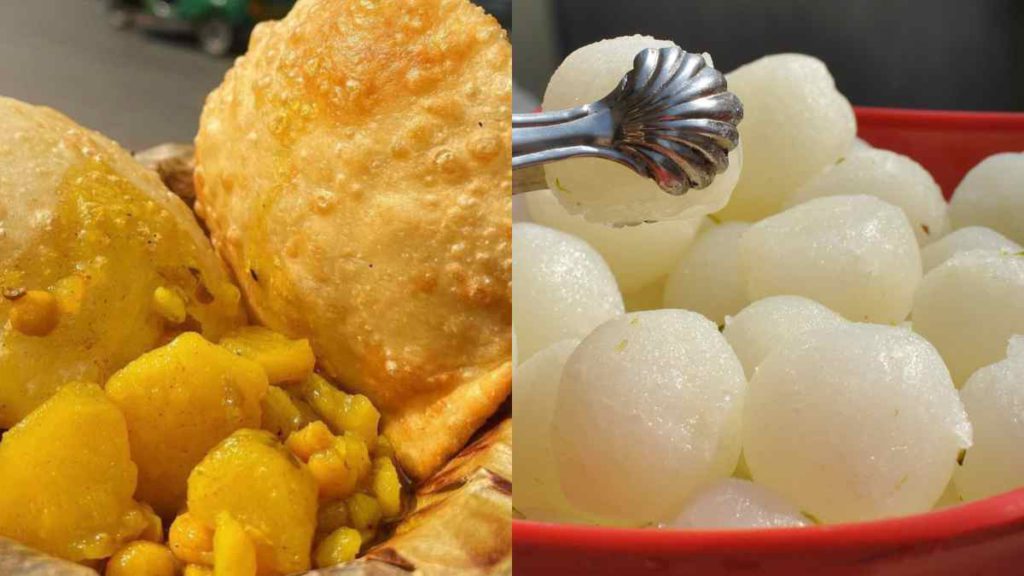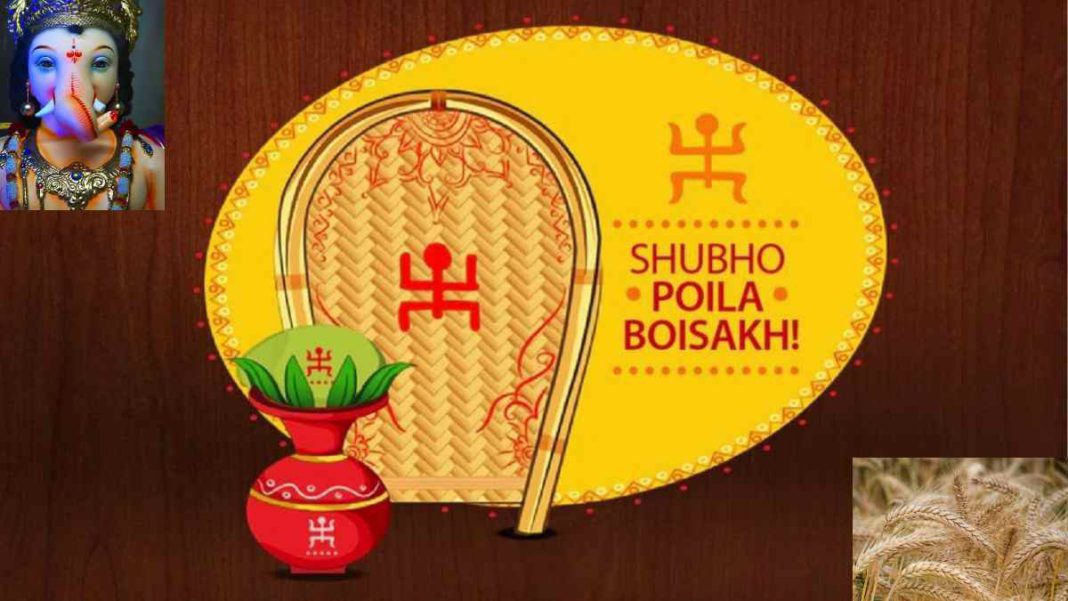INDIA: Pohela Boishakh (or Poila Boisakh), is the Bengali New Year and is celebrated on the first day of the Bengali calendar. This day marks the beginning of a new year, and people in West Bengal, Bangladesh, and other Bengali-speaking regions around the world celebrate this day with great enthusiasm and joy.
Origin and significance
Celebrations of Poila Boisakh have a long history that goes back to the Mughal Era. The Islamic Hijri calendar was used by the Mughals in India during this time period. It was Emperor Akbar who introduced the Bengali calendar in the 16th century.
The Bengali calendar is solar, based on the sun’s movements, and is known as the Bangabda calendar. It is believed that the celebration of Poila Boisakh started during Akbar’s reign, as he wanted to consolidate his rule over Bengal and bring together the diverse communities living in the region.
However, there is limited information available about the specific celebrations and customs during that time period.
Today, the celebration of Poila Boisakh is a major cultural event in Bengal and is observed with great enthusiasm. People clean their homes and decorate them with colourful rangolis or alpona (traditional Bengali designs made with rice paste). They also wear new clothes and visit friends and family members, exchanging sweets and gifts.

The day begins with the offering of prayers at temples and visiting elderly relatives to seek their blessings. Many people also visit the Kalighat Temple in Kolkata, which is considered to be one of the holiest temples in the region.


From festive foods to cultural celebrations
One of the most significant aspects of Poila Boisakh is the special food that is prepared on this day. Traditional Bengali dishes such as luchi (deep-fried bread), alur dom (potato-based dish), cholar dal (lentil dish), payesh (a wet pudding) and rosogulla (ball-shaped sweet dumpling) are prepared and served. People of all ages eat these foods, which are regarded as a crucial part of the celebrations.


In addition to the food, the day also features cultural activities like theatre, dance, and music performances. There are large crowds present at these events, which highlight Bengal’s rich cultural heritage.
One of the most iconic events of Poila Boisakh is the procession, or “Prabhat Pheri” that takes place in Kolkata. The procession is led by a group of people playing traditional musical instruments, such as the dhak, and the dhol. The procession is a colourful affair, with people dressed in traditional Bengali attire and carrying colourful umbrellas and banners.
Overall, Poila Boisakh is a celebration of new beginnings, hope, and happiness. The festival is a time to come together with friends and family. It is a testament to the rich cultural heritage of Bengal and serves as a reminder of the importance of tradition and community in our lives.
Also Read: Gudi Padwa: Celebration of Hindu New Year with Gusto and Jubilation



